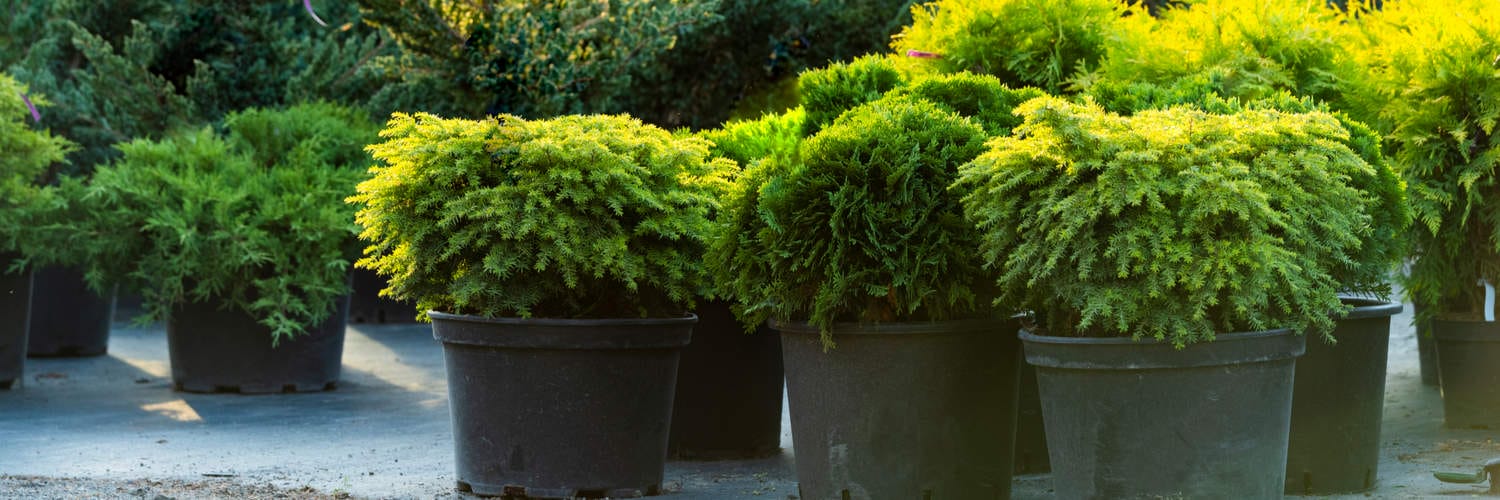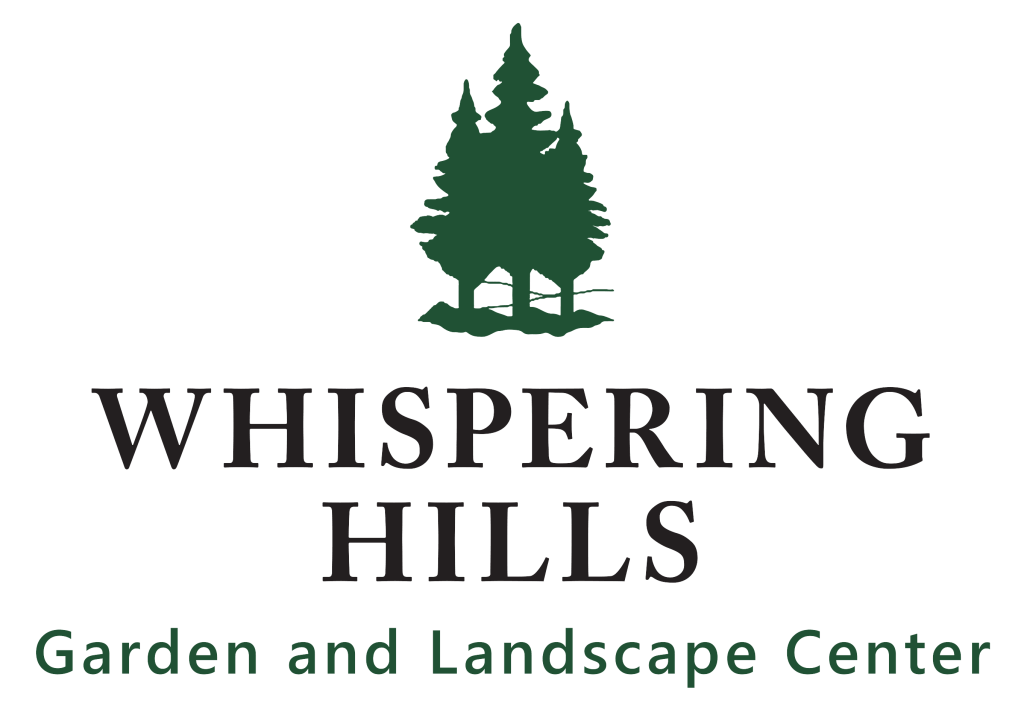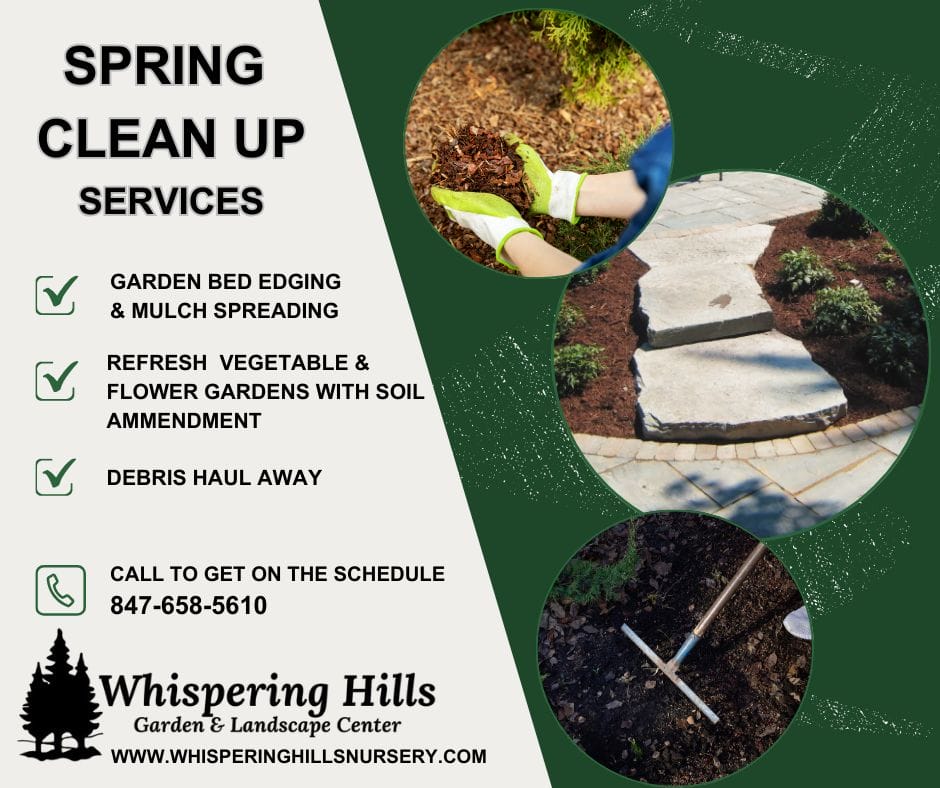
Nursery Near Me Huntley IL – Whispering Hills Garden & Landscaping Center – Cary, IL – 8104 South Illinois Route 31 – Call 847-658-5610
Naturally, a garden’s soil quality is critical for it to thrive. On this post, we’ll look at different types of soil and how they can impact plant growth. If you’re planning for next season’s garden, ask our Nursery Near Me Huntley IL staff for tips on which soil mixture would be optimal for your needs.
Nursery Near Me Huntley IL
After you start planting, scoop up a handful of soil and look closely at its texture. Is it heavy and dense? Does it tend to form in clumps when it’s moist? Or, does it feel loose and flow through your fingers like sand? Perhaps it feels sticky but still crumbles apart easily. All soils are basically a mix of mineral particles — mainly sand, silt and clay. Frequently they contain greater levels of one particle type than the others. That does not necessarily mean they are not good for growing. However, it can affect its drainage ability, density and capacity to retain nutrients your plants require to thrive.
Basic types of soil include:
-Clay soils. This type has dense, small particles that are able to contain large reserves of nutrients and water. Clay soil, however, tends to drain slowly and may harden and become compact when it dries.
-Sandy soils. In contrast to clay, the particles in sandy soil are larger, which allows water to move through it easily — along with essential nutrients.
-Loam. Loam can be beneficial for most garden plants because it has a good balance of mineral particles.
-Silt. This consists of small particles that clump together tightly, which prohibits proper air flow and drainage.
Get your garden off to a great start with plants, flowers, soil and other quality materials available at our facility. If you’re looking for a Nursery Near Me Huntley IL, visit Whispering Hills Garden & Landscaping Center in nearby Cary!


